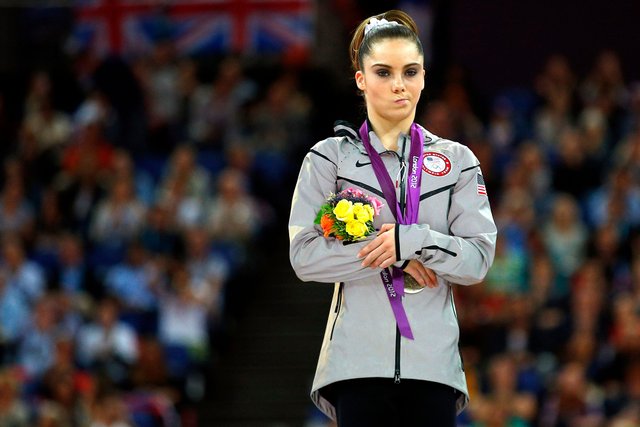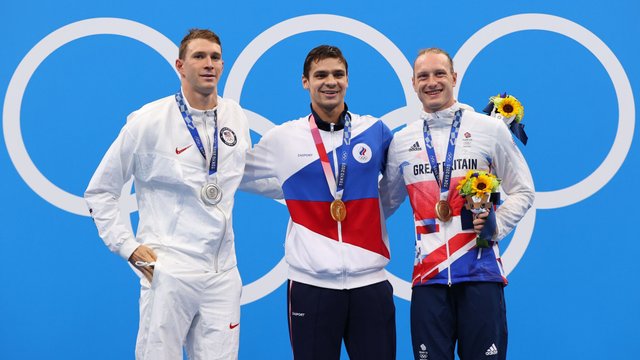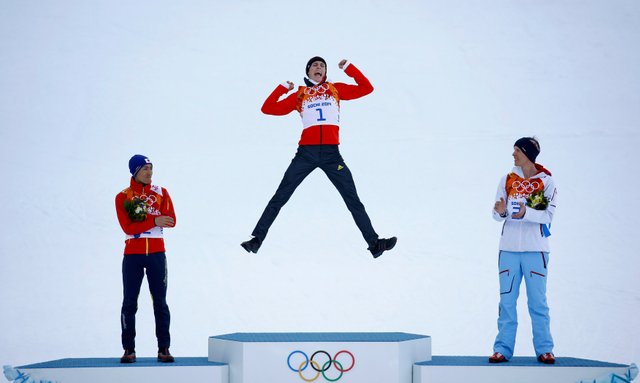Every time I watch the Olympic Games, I remember a very interesting statement by the American psychologist William James about a man who died of shame.
The human, who died of shame, because he became the second boxer in the world. He can win of every man on the earth, except one. This means that he hasn't reached a full success, hasn't done the last step.

This is a terrible paradox, that we face not only in sports, but also in real life. Being second is not a success, but a curse that does not allow you to achieve happiness. The third place on the podium brings athletes (and not only) more happiness and self-respect than the coveted silver medal.
Why is this happening? It's pretty simple. The silver medalist compares his results with the winner, calculates fractions of a second, missing centimeters, all mistakes. One and the same thought does not leave him alone, and this thought - “What if... ?” What if I accelerated at the right moment, went to bed earlier, did not drink so much water before starting ...
While the bronze medalist directs his thoughts not "up", but "down". He compares himself to all the losers who have not received any reward. Being among the top-3 is a wonderful achievement!
Almost 100 years ago, William James foresaw the results of psychological surveys of Olympic athletes that have been conducted since 1992.
Without My Medal on My Mind: Counterfactual
Thinking and Other Determinants of Athlete Emotions
There is a very ironic fact among professional athletes. If look only at the second and third steps of the pedestal (without gold), men and women with the bronze medals invariably look happier than the silver winners.

Without being a scientist and without looking at the graphs, you can observe this effect at many award ceremonies:



